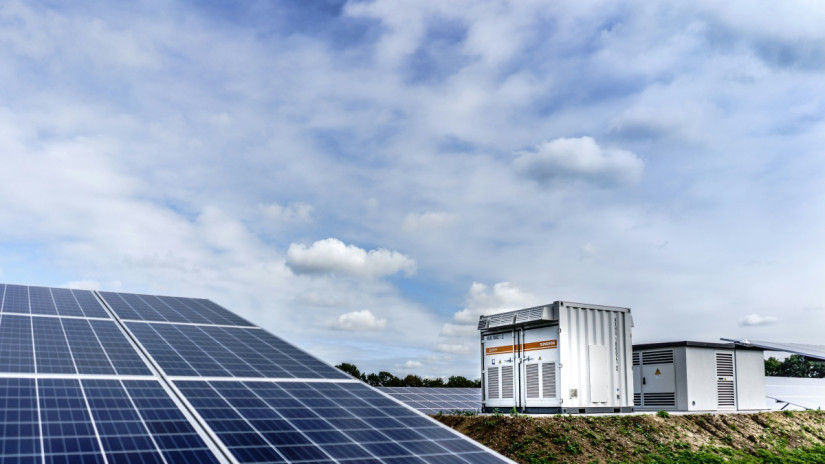Poland: Prosumer Rebate Surge Puts Energy Storage at the Forefront
- Energy Box

- Sep 16, 2025
- 1 min read

Poland has shifted its flagship prosumer rebate firmly toward storage, lifting the Mój Prąd 6.0 budget to PLN 1.85 billion (~$511.8 million) from PLN 400 million after 121,000 applications flooded in. More than half of the funding is earmarked for home battery systems.
The scheme supports micro-PV, electricity storage, and heat storage. Of the 121,000 applications, 114,000 were for micro-PV, about 74,000 sought battery subsidies, and 20,000+ requested support for heat storage.
Over PLN 1 billion of requests related to batteries. This was the first round to require electricity and/or energy storage for micro-installations submitted for connection after August 2024, pushing storage’s share of applications to 60% (vs. 11% in Mój Prąd 5.0 and 4% in 4.0). The average subsidized battery size was ~5 kWh.
Paweł Augustyn, deputy president of the National Fund for Environmental Protection and Water Management, said the surge underscores the fund’s role in prosumer energy independence and grid security. He noted this was the first edition with an application window exceeding one year, widening access.
Mój Prąd 6.0 is financed entirely by European Funds for Infrastructure, Climate and Environment (FEnIKS 2021–2027). Since launch, the program has supported 3.4 GW of micro-PV. Separately, think tank Ember reports Poland’s cumulative solar now exceeds 23 GW, with over 1.5 million prosumers as of June.














The recent surge in prosumer rebates has brought energy storage solutions to the forefront, highlighting how crucial efficient battery systems have become in today’s energy landscape. At EMSYS Design emsys.com , we are dedicated to transforming the battery service industry by leveraging the latest technologies. Our hardware is engineered to simplify installation and minimize setup and maintenance costs, while our software empowers users to focus on results rather than lengthy data analysis or compliance reporting. Together, these advancements not only support the growing demand driven by rebate incentives but also ensure that energy storage remains reliable, scalable, and future-ready.